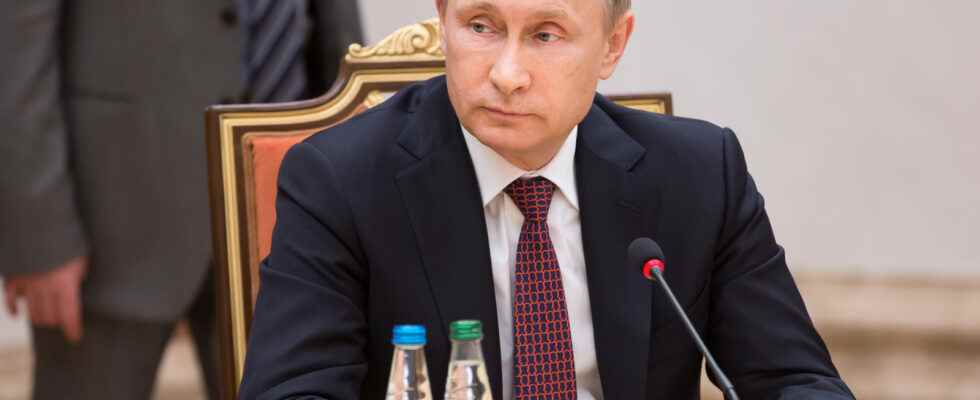After having largely limited the use of crypto-currencies for several years, the Russian government is changing its tune to circumvent Western sanctions.
The Ministry of Finance and the National Bank of the Russian Federation have, according to the Russian news agency Interfax, reached an agreement to authorize the use of crypto-currencies in the context of commercial exchanges outside its borders. The country, which until then imposed strict regulation on these decentralized assets, is clearly changing its policy to circumvent the international economic sanctions following its invasion of Ukraine initiated last February.
Russia and cryptocurrencies, an ambiguous relationship
The most surprising thing about this announcement is that it didn’t happen earlier. Indeed, Russia is one of the most advanced countries on crypto-currencies. The University of Cambridge has estimated that the country has the 5e greatest computing power in the world and that its population was one of the most crypto-using in the world.
Yet despite its population’s affinity with decentralized currencies and other crypto-assets, the Russian government has, at every opportunity, taken stricter measures to limit their use. In January 2021, then in July 2022, the Russian Parliament adopted two laws prohibiting the use of coins and NFTs as means of payment. They were, however, still permitted as speculative assets.
But the consequences of the war that Putin’s troops are waging in Ukraine should, at least in part, move the lines to allow the Russian economy to circumvent some of the Western sanctions.
Economic sanctions and Russia changes its tune
Kommersant, a Russian economic newspaper, published on September 22 a statement by Alexei Moiseev, the Russian Minister of Finance. He explains that he has reached an agreement with the Russian central bank on the principle of cross-border payments in crypto-currencies. It is therefore not a total backpedaling on the part of the Russian government, which continues to strictly control these currencies within its borders.
Moiseev justifies this change in policy by explaining that until then, Russian laws on the issue did not prevent citizens of the country from opening wallets, but that they did so abroad. This new regulation should therefore encourage them to repatriate their assets to Russia… but under the control of institutions such as the central bank. This last point is justified, as often, by the necessary fight against corruption that the country is leading.
If it remains to be determined to what extent this change in the country’s legislation will make it possible to circumvent economic sanctions, the fact remains that this objective is much more credible than the fight against corruption officially announced…
Sources: Corner Telegraph, BFM TV, Numerama

38